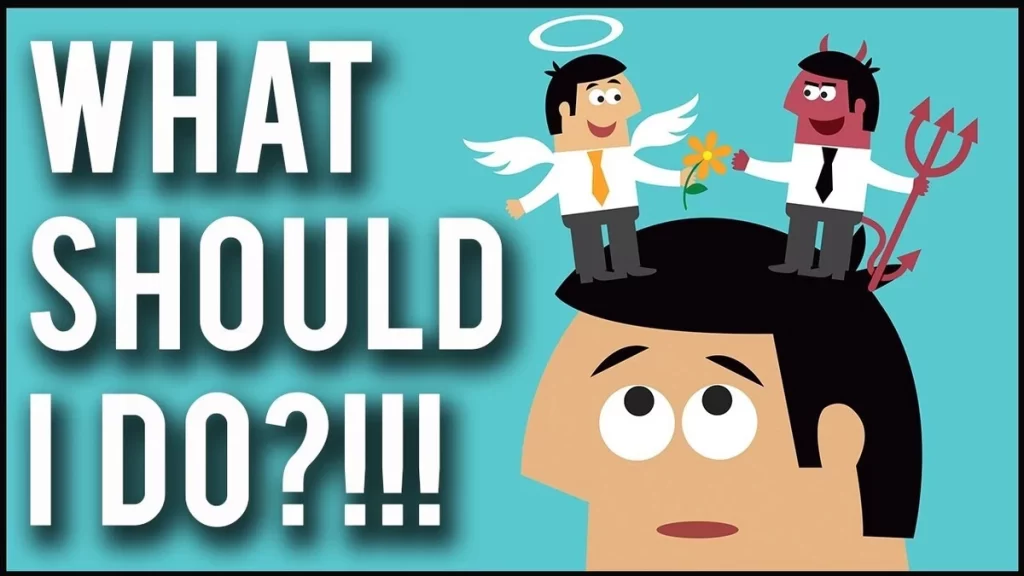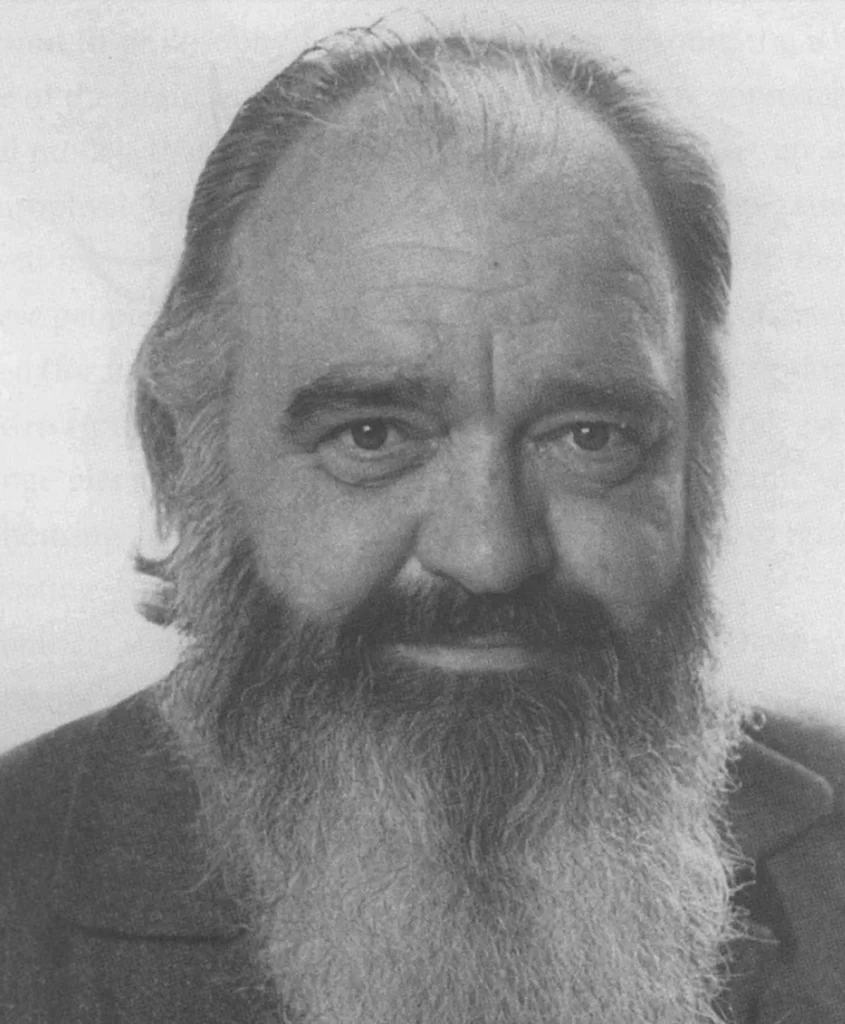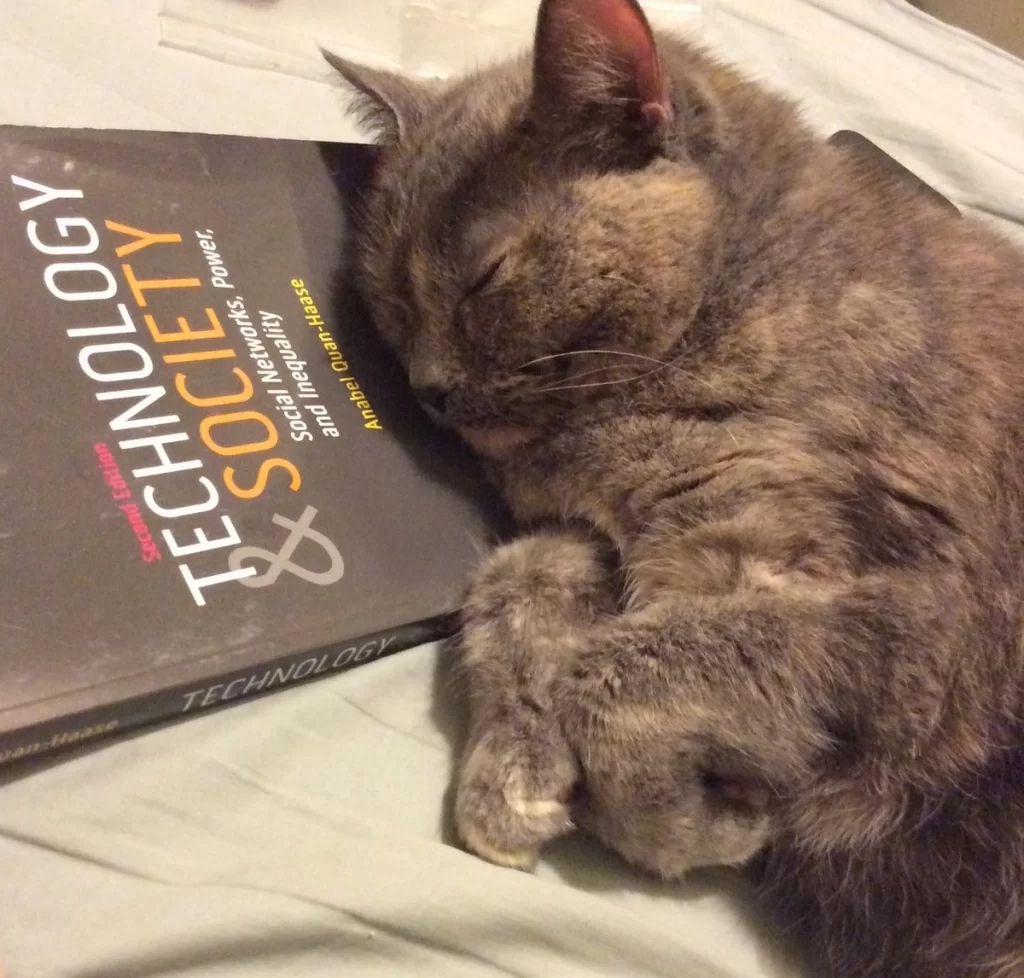Learn how to apply the five main ethical decision-making theories to do the right thing: deontology (duty), rights, virtue, utilitarianism, and pragmatism. Normative ethics is concerned with the standards and principles used to determine whether an act is right (or good) or wrong (or bad), that is, the study of ethical action. Normative ethics is a branch of philosophy that investigates the set of questions that arise when considering how one ought to act morally. The pragmatic technoethics of Mario Bunge is an example of a normative ethics moral philosophy.
This discussion is taken from my uOttawa PhD thesis (2020, pp. 168-175) completed at uOttawa engineering, School of Electrical Engineering and Computer Science (EECS), on the topic of ethical hacking sociotechnology titled Technoethics and sensemaking: Risk assessment and knowledge management of ethical hacking in a sociotechnical society (thesis advisory committee: uOttawa professors Rocci Luppicini, Liam Peyton, and Andre Vellino).
You may also be interested in The technoethics of Mario Bunge.

The five main ethical decision-making theories
The five main ethical decision-making theories (ethical perspectives) are presented in the form of ethical decision-making frameworks to help you conduct comprehensive ethical analyses of real-world ethical dilemmas: deontology (duty ethics), rights ethics, virtue ethics, utilitarian ethics, and pragmatic ethics (see Table: Ethical Decision-Making Frameworks).
While all ethical decision-making theories may result in the same or similar conclusions about what should be done, they will typically give different reasons for reaching those conclusions.
In deontology “actions are judged on the intrinsic character of the act rather than on its effects” (May, 2012, p. 22). Immanuel Kant invoked the categorical imperative to specify the universal character of duty: “One ought only to act such that the principle of one’s act could become a universal law of human action in a world in which one would hope to live” (p. 22). A duty perspective is generally concerned with the individual’s obligations toward others (the collective). Duties are considered as “natural, universal, rational, and self-evident” (p. 22).
A rights perspective, like the duty perspective, universalizes ethics, hence rights are considered inalienable, such as rights ingrained in the U.S. Constitution. Human rights are granted naturally and cannot be altered because they are rationally self-evident. A rights perspective aims “to establish a social compact, or contract (hence, often called the contractarian alternative to deontology), of rights that are maintained between individuals and the community” (May, 2012, p. 24).
In virtue ethics, all humans are born with inherent potential, and human development becomes a struggle for self-actualization. A virtue is often seen as an internal capacity of humans that produces ethical behavior. Plato identified justice, courage, temperance, and wisdom as the most important virtues. “An action is judged based on whether it allows for expression of full potential, thus creating benefits for both the individual and the community” (May, 2012, p. 26).
Consequentialism holds that an action is morally right if its consequences are beneficial, and morally wrong if its consequences are harmful. Utilitarianism holds that an action is morally wrong if its consequences are more harmful than they are beneficial. For Jeremy Bentham, a principle of utility is necessary in order to evaluate whether an action creates the greatest happiness in relation to other alternatives, considering both the immediate consequences as well as the long-term effects of actions. Similarly for John Stuart Mill, the purpose of ethical action is “to achieve the greatest overall happiness for the greatest number and actions are evaluated by the extent to which they contribute to that end” (May, 2012, pp. 25-26).
Utilitarianism and pragmatism are closely linked in that they both judge the morality of actions based on their consequences. Utilitarianism proposes to appraise moral rules and codes by the standard of effectiveness in furthering “the greatest good of the greatest number.” Pragmatists are generally concerned with how to make actions more successful (Talisse & Aikin, 2008). When “pragmatism’s standard of ‘what works out for the best’ is construed as being collectively optimific at the communal level, then ‘the best’ simply and directly comes to ‘the greatest good of the greatest number’” (Rescher, 2012, p. 181).
Table: Ethical Decision-Making Frameworks
| Ethical decision-making theories (ethical perspectives) | Ethical conduct | Ethical approach |
| 1) Deontology (duty, obligation, or rule-based ethics): “Actions are judged on the intrinsic character of the act rather than on its effects” (May, 2012, p. 22). In moral law, “one performs an action because of an obligation to follow a set of standards or rules” (p. 22). What is right for one person is right for everyone. Ethical obligations are the same for everyone (universal), and knowledge of what these obligations entail is arrived at by discovering rules of behavior that are not contradicted by reason. “In acting according to a law that we have discovered to be rational according to our own universal reason, we are acting autonomously (in a self-regulating fashion), and thus are bound by duty, a duty we have given ourselves as rational creatures. We thus freely choose (we will) to bind ourselves to the moral law.” (Kant’s Moral Philosophy, Stanford Encyclopedia of Philosophy) Ethical decision making in business: From this perspective improving the ethics of an organization would require developing universal ethical principles “rationally derived—that are enacted out of a sense of duty or responsibility” (May, 2012, p. 23). | Ethical conduct involves always doing the right thing: Never failing to do one’s duty. For Kant, acting ethically means choosing to obey the universal moral law. | The duty approach: Which action respects social moral obligations or rules? “The ethical action is one taken from duty, that is, it is done precisely because it is our obligation to perform the action” (Brown University, 2013). |
| 2) Rights: For John Locke all persons are born with, and possess, basic natural rights, possessed by everyone equally. Rights constitute the basis by which actions of individuals and institutions ought to be judged. For Locke, the social contract between people can only be maintained if human rights are developed, maintained, and preserved. For John Rawls, rights can be determined by placing persons behind a veil of ignorance where they cannot anticipate how their own actions might affect them–such that no person can expect to either benefit or to be harmed any more than others. The Fairness or Justice Approach of Rawls argued along Kantian lines that just ethical principles are those that would be chosen by free and rational people in an initial situation of equality. This is based on a formulation of Kant’s categorical imperative that says: “Act in such a way that you treat humanity, whether in your own person or in the person of another, always at the same time as an end and never simply as a means to an end.” Both Locke and Rawls sought to create principles and practices of justice through rights. For both, no society can be just if it is devoid of rights for its people. Ethical decision making in business: From this perspective, improving the ethics of an organization would place emphasis on compliance and legally sanctioned rights, such as those stipulated in the US Equal Employment Opportunity Commission (EEOC) guidelines. | The best ethical action is that which protects the ethical rights of those who are affected by the action. | The rights approach: Which action respects the rights of all who have a stake in the decision? The justice approach (social contract): Which action treats people equally or proportionately? |
| 3) Virtue: All humans are born with inherent potential, and human development becomes a struggle for self-actualization. “An action is judged based on whether it allows for expression of full potential, thus creating benefits for both the individual and the community” (May, 2012, p. 26). The development of virtue is seen as requiring the cultivation of good habits that occur within a social realm–thereby ethics is seen to involve being a contributing member of a community. A virtue is often seen as an internal capacity of humans that produces ethical behavior. Plato identified justice, courage, temperance, and wisdom as the most important virtues. Ethical decision making in business: From this perspective, improving the ethics of an organization would focus on strengthening personal and institutional virtues in order to maximize human potential within and outside of the organization. | Ethical conduct is whatever a fully virtuous person would do in the circumstances. “An action is judged based on whether it allows for expression of full potential, thus creating benefits for both the individual and the community” (May, 2012, p. 26). | The virtue approach: Which action leads me to act as the sort of person I should be? What are the character traits (either positive or negative) that might motivate us in a given situation? |
| 4) Utilitarianism: A utility perspective judges actions based on their consequences. All Utilitarians would abide by the principle of producing the most good with the least harm. For Jeremy Bentham, a principle of utility is necessary in order to evaluate whether an action creates the greatest happiness in relation to other alternatives, considering both the immediate consequences as well as the long-term effects of actions. Similarly for John Stuart Mill, the purpose of ethical action is “to achieve the greatest overall happiness for the greatest number and actions are evaluated by the extent to which they contribute to that end” (May, 2012, pp. 25-26). Ethical decision making in business: From this perspective, improving the ethics of an organization would seek to create change that will have positive consequences for the organization and its stakeholders. An ethical approach to utility “would require moving beyond traditional economic models of cost-benefit analysis to consider which decisions benefit the greatest number with the greatest good. As a result, organizations might have to consider the unintended and long-term consequences of their actions” (p. 26). | Ethical conduct is the action that will achieve the best consequences. | The utilitarian approach: Which action will produce the most good and do the least harm? Members of an organization drawing on utility-based ethics may ask these questions: Have we considered all alternative actions and selected the one that produces the greatest good or pleasure? How can we best serve the ends of the collective rather than the individual? What specific actions or general rules will either maximize or minimize “good”? |
Access the table on Google Docs:
Table: Ethical Decision-Making Frameworks
Related content
Canadian identity as an academic idea
Ethical hacking sociotechnology
How to do a systematic literature review and a technoethical assessment of a technology
The technoethics of Mario Bunge
Back to MA/PhD Thesis Writing Resources (templates)
Back to DTI Courses



